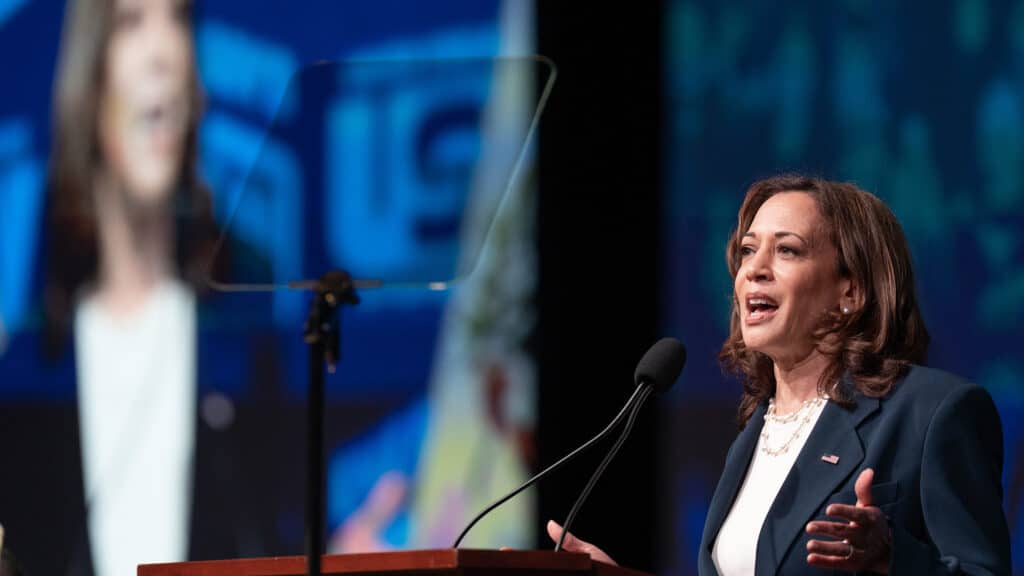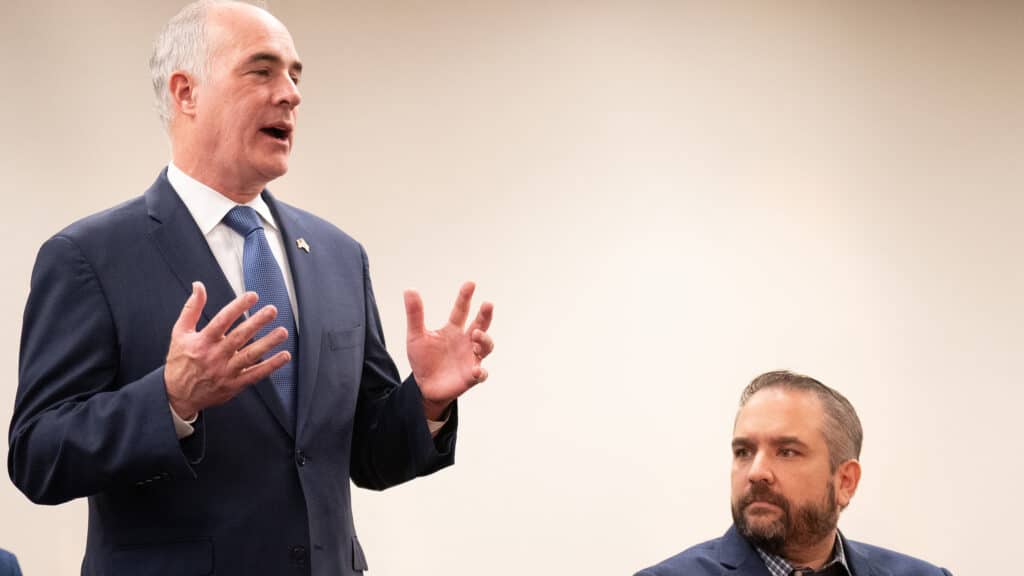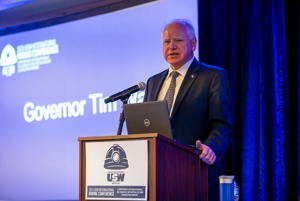All Categories
Allied Approaches
Free Speech Zone
From AFL-CIO
From Alliance for American Manufacturing
From Campaign for America's Future
From Center for Working-Class Studies
From CEPR Co-Director Dean Baker
From Harold Meyerson
From Jared Bernstein
From Jim Hightower
From Our Allies and Partners
from Robert Kuttner
From Robert Reich
From the News
From the USW International President
From the Writers Guild
From USW International Officers
Uncategorized
Q & A
Uncategorized
Uncategorized
Union Matters
Videos
All Tags
#USWMade
Alliance for American Manufacturing
Alliance for Retired Americans
American Rock Salt
ATI
Banks
Bobcat
Budget
canada
Captive-Audience
CEO
China
Chris Deluzio
Cleveland-Cliffs
Congress
Corning
Debt
Deficit
Democrats
Dow Dupont
Economy
Education
Election
Employment
Environment
Equality
equity
ExxonMobil
Galveston Bay Refinery
Goodyear
Greed
Health Care
Hillary
Immigration
Inequality
Infrastructure
Jobs
Koch Brothers
Labor
Lobbying
Local 1165
Local 13-1
Local 13-243
Local 763
Local 912
manufacturing
Marathon
Medicare
Middle class
military
Minimum wage
NIH
NLRB
Oil
Pension
Pitt
Poverty
PRO Act
Republicans
Retirement
Rich
Right-to-work
RWJ
Safety
shipbuilding
Social Security
Steel
Steel Pride
Summer Lee
Taxes
toronto
TPP
Trade
Trump
Unemployment
Union
Union Plus
UPHS
US Steel
usw
USW Made
Veterans
Voting
Wages
Wal-Mart
Wall Street
Wealthy
WestRock
women
women of steel
All Sectors
Aluminum
Atomic
Chemical
Education
Energy and Utilities
Glass
Health Care
Manufacturing
Metals (Steel Aluminum etc.)
Mining
Oil
Paper and Forestry
Pharmacies and Pharmaceuticals
Political Activism
Public Employees
Public Sector
Rubber (Tires etc.)
Transportation
Varied Work Places








